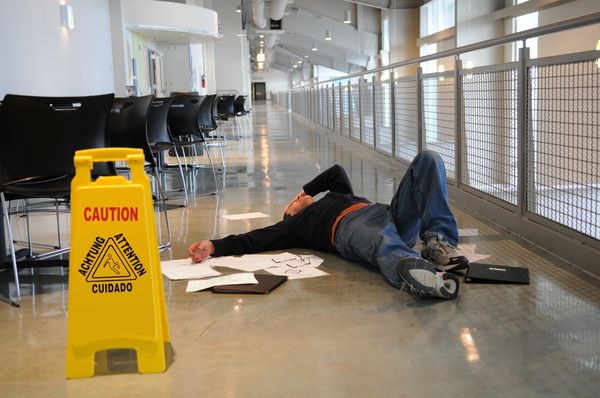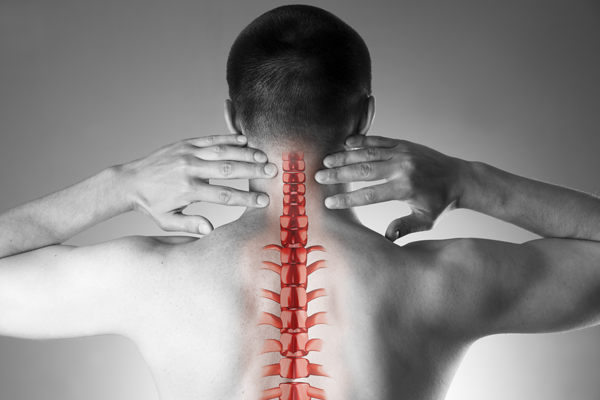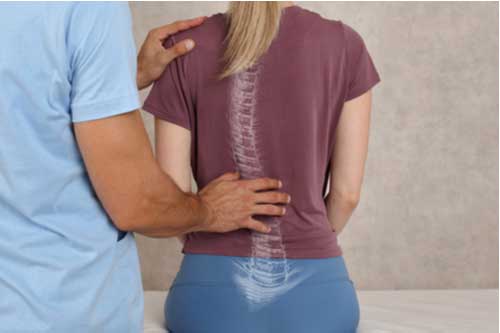- March 22, 2023
If you are wondering why pain, as a result of an accident, is usually delayed, there may be multiple answers to this question. For example:
You may be in shock or so preoccupied with other things that you do not notice your pain
- Injuries that cause severe, immediate pain may “drown out” symptoms from less painful injuries
- Some conditions take longer to fully manifest and present symptoms
How Shock Affects Pain After an Accident
No one expects to get into an accident while going about their normal routine. Suddenly being forced into survival mode causes your body to release a hormone called adrenaline. As the Cleveland Clinic explains, adrenaline helps you by:
- Giving you an energy boost
- Making you more alert
- Preparing you to address the situation (i.e., the “fight or flight” response)
After an accident, experiencing an adrenaline rush is often a good thing. It gives you the strength and awareness necessary to react fast, get out of danger, and help anyone else (e.g., your child) who may need rescuing.
Experiencing an adrenaline rush is your body’s way of trying to protect you after a stressful or harmful event. It can therefore “smother” injury symptoms, including pain, so you can focus on getting away from the source of danger. Once the danger is over, you begin to feel pain normally again.
However, stress reactions aren’t always beneficial. In the most severe cases, you could go into shock. As defined by the Mayo Clinic, shock is a serious condition that requires emergency medical treatment.
Major Accident Injuries Can Obscure Other Injuries
Your brain may prioritize certain injuries over others. For example, say you were in a car accident that left a long, deep laceration across your arm. You may be so preoccupied with the pain and severity of the laceration that you fail to notice you also sustained a whiplash injury, or pain brought on by the sudden, forceful motion of your neck.
This could lead to delayed neck pain after a car accident. You may not realize your neck was injured until you receive treatment that causes the pain of the laceration to fade.
The order in which you notice your injuries is not an indication of how serious each injury is. Do not ignore any accident injury, even those that seem “minor.” Always see a doctor after an accident to make sure you are all right and receive prompt treatment.
Delayed Injury Symptoms After an Accident
Some injuries are obvious, and you may start feeling their effects right away. With others, it may take some time before your body recognizes a problem and starts sending pain signals to your brain.
The Cleveland Clinic warns patients that whiplash symptoms can begin at almost any time after an accident, including:
- Right away
- 12-24 hours after the accident
- Several days after the accident
If you experience neck pain after a car accident (even several days afterward), the accident could be the cause. This is important to know if you decide to take legal action against the driver who hit you. You may be eligible for compensation for your whiplash, even if you did not feel pain immediately.
Prompt Treatment After an Accident is Essential
Now that you understand how and why pain is often delayed after an accident, you should recognize just how important it is to seek medical care right away after any accident.
Prompt medical care can:
- Catch injuries even before you start experiencing significant symptoms
- Spare you from experiencing even greater pain
- Give you more time to receive an accurate diagnosis and determine the best way to treat your injuries
- Prevent injuries from turning fatal
- Establish a stronger connection between your injuries and the accident if you plan to take legal action against the at-fault party
The earlier you catch an injury, the better your prognosis may be.
The Cost of Ignoring Delayed Pain
Some people may assume if an injury isn’t immediately painful, it mustn’t be that serious. This assumption is both untrue and dangerous.
Failure to treat any accident injury could lead to lifelong pain or force you to undergo more radical treatment (e.g., surgery). At the same time, a prompt diagnosis could enable you to handle the issue with less invasive methods. Delayed treatment can cost you unnecessary:
- Pain
- Money
- Time away from work
- Long-term impairment of physical and mental wellbeing
Treatment for Accident Injury Pain
Whether you suffered whiplash, a bone fracture, or another accident injury, a chiropractor could help by treating the injury directly or by easing your recovery after a procedure like surgery.
Your chiropractic care may involve:
- Chiropractic adjustments: A chiropractor moves and manipulates the bones that are causing pain. This can help after whiplash, a herniated disc, or other such injuries.
- Massage therapy: Unlike a regular massage, massage therapy targets the source of your pain. This could speed up the healing process.
- Ultrasound: Sound waves, when administered correctly, can help patients feel better and heal faster.
- E-STIM: Electrical muscle stimulation therapy is similar to ultrasound therapy in that your caregiver will send pulses—in this case, electrical pulses—into the injury site. This can treat soft tissue injuries, like sprained muscles.
- Rehabilitation: These stretches and exercises (guided by a professional) are specially designed to help you regain mobility and physical strength after a debilitating injury.
You may see better results from these and other treatments if you start them as soon as your doctor clears you to begin treatment. Again, a prompt medical evaluation can be a literal lifesaver after an accident.
We Can Relieve Your Accident Pain
If you have been in any kind of accident, call Specific Care Chiropractic at (239) 369-9109 to learn about our pain relief options. Our team can explain why pain, as a result of an accident, is usually delayed, and what we can do to help treat your injuries.







